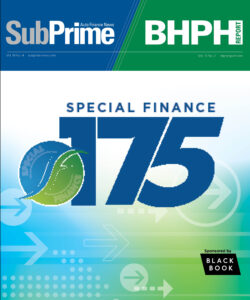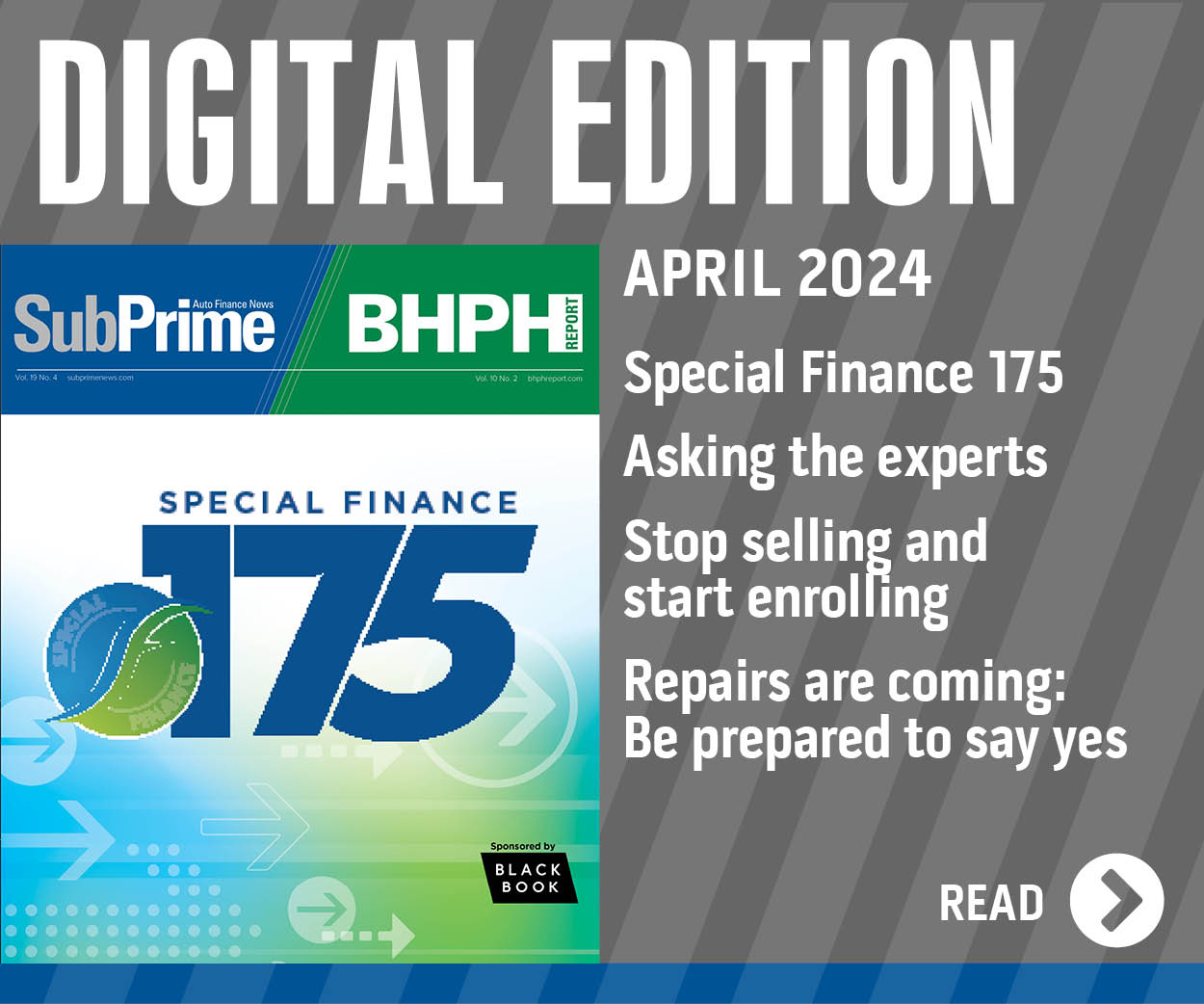Gauging the future of CFPB’s arbitration decision

A broad collection of industry representatives already is gearing up to generate a significant pushback against the Consumer Financial Protection Bureau, which earlier this week spelled out a new rule prohibiting the use of class action waivers in arbitration clauses.
And a pair of legal practitioners reached by SubPrime Auto Finance News gauged how successful these groups might be in persuading Congress to squash this bureau mandate. Randy Henrick is an auto dealer compliance expert who offers compliance consulting services to dealers at www.AutoDealerCompliance.net. He served for 12 years as Dealertrack’s lead regulatory and compliance attorney.
“Despite CFPB director Richard Cordray’s fanfare in announcing the rule for the alleged protection of consumers (even though the CFPB’s own study revealed that it is class action plaintiffs’ lawyers who make windfalls on fees in class actions with class members getting little of the final ante), I’m betting the rule will never take effect,” Henrick wrote in a blog post on his website.
Henrick touched on not only the furor shared by organizations such as the American Financial Services Association and the National Independent Automobile Dealers Association, he also mentioned how Republican lawmakers and perhaps President Trump could be dismissing Cordray from his post as his current term is more than half expired.
“Already, auto industry and consumer finance lobbying groups have indicated they will lobby their Congress people to use the Congressional Review Act (CRA) or enact other legislation to undo the arbitration rule. They, too, could bring or join lawsuits against it that could delay its effect until after Cordray leaves. I think the likelihood of the rule surviving Corday are not very high,” Henrick wrote.
In October 2015, the bureau published an outline of the proposals under consideration and convened a Small Business Review Panel to gather feedback from small companies. Besides consulting with small business representatives, the bureau sought comments from the public, consumer groups, industry and other interested parties before continuing with the rulemaking.
Last May, the bureau issued a proposed rule that included a request for public comment. The CFPB said it received more than 110,000 comments.
“The final rule is pretty consistent with the proposed rule they issued a while back, so from a substantive perspective, it’s no surprise,” Hudson Cook chairman Michael Benoit told SubPrime Auto Finance News. “I think politics was the only thing in the way of issuing the final rule (well, that and wading through 110,000 public comments).
“I think the director probably feels the odds are good that the current Republican infighting and focus on healthcare and tax reform will serve to keep the Congress distracted and uninclined to use their veto power under the Congressional Review Act. That remains to be seen,” Benoit continued.
“But in any event, now is as good a time as any to put this rule out and it’s probably important to the director that it come out on his watch,” he went on to say.
SubPrime Auto Finance News then asked about how much work is ahead for the auto finance industry to comply with this new rule.
“There are a number of avenues of resistance for the industry,” Benoit said. “First, it can lobby Congress to use its CRA authority to invalidate the rule (it’s a simple majority vote, so you only need 51 votes in the Senate).
“Second, you can attack the rule as inconsistent with the mandate Congress gave in Dodd-Frank, i.e., Congress required in Dodd-Frank that any arbitration rule be ‘in the public interest’ and ‘for the protection of consumers,’” he continued.
“Arguably, the CFPB’s own study reveals that the rule is neither,” Benoit added.
Benoit also touched on other elements that might be a path to challenge this new CFPB rule.
“You can also argue that the rule is inconsistent with the aforementioned study in that Dodd-Frank requires any arbitration rule be consistent with the arbitration study the CFPB was mandated to undertake,” he said. “There is plenty of data in the study that would argue against the rule being published. You could also make constitutional arguments, e.g., Congress impermissibly delegated legislative authority to the executive branch when it authorized the CFPB to write a rule that conflicts with existing legislation, i.e., the Federal Arbitration Act.
“The argument is that only Congress can amend a federal statute. I’m sure there are other avenues of attack as well,” Benoit went on to say.
So if the rule actually does come into full effect, Benoit projected how the industry could continue.
“I would think ‘compliance’ with the rule is pretty simple, i.e., use agreements without a class action waiver in the arbitration clause. That’s a fairly easy fix for forms companies and institutions,” he said.
“The bigger problem for industry is determining how much increase in credit pricing is necessary to cover the greater liability that comes with class action exposure,” Benoit concluded.

 View The Latest Edition
View The Latest Edition

